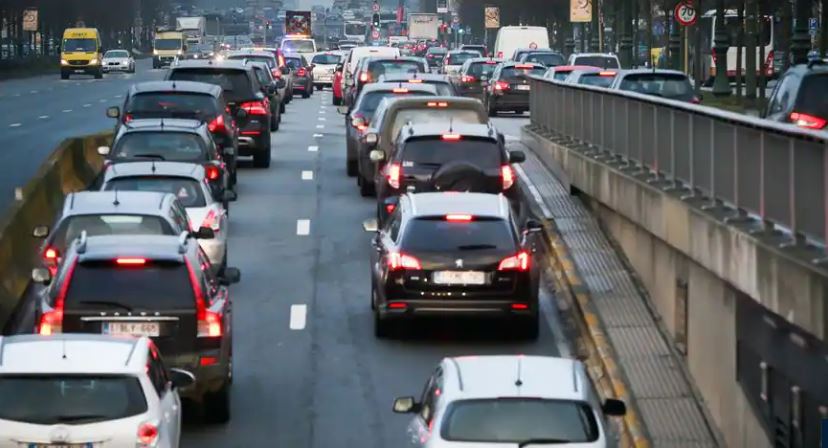For the first time in five years, Belgium saw a slight reduction in people driving to work whilst passenger numbers on public transport have returned to pre-pandemic levels. The findings were revealed in the annual mobility barometer carried out by HR service provider Acerta.
While the number of company cars on the road in Belgium reached a new record (23% of white-collar workers), cars are becoming a touch less appealing as the preferred transport for commuting (down from 78.4% in 2021 to 77.9% now).
“It has been the case for some time that people think more consciously about their commutes. There is generally growing environmental awareness, the range of means of transport that is becoming increasingly diverse, the (electric) bicycle that received an image boost," said Charlotte Thijs, mobility expert at Acerta.
Additionally, over 35% of employees now cycle to work – an increase of 7.4%. Public transport is the preferred mode of commuting for 8.3% of employees, up from 7.8% in 2021.
Related News
- New electric cars gain popularity, especially for businesses
- Record year for hi-speed electric bikes
- Car sales in Belgium fall to lowest level since 1995
"In recent months, high fuel prices have been added to the increasingly conscious way people commute. It seems to ensure that employees no longer automatically get into the car and that the decades-long dominance of the car is on the way back," Thijs added.
Of all company cars, 10% are now hybrids – the most popular ones being those with a petrol combustion engine in addition to the electric motor (8.8%). Fully electric company cars today account for another 3.2%: still a small minority, but more than double compared to 2021. The biggest loser is the diesel car, which was once absolutely dominant and has now dropped to a share of 57.8%.
Acerta's annual mobility barometer charts the mobility habits of 330,000 employees across Belgium.

